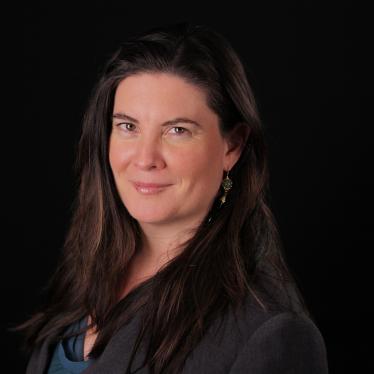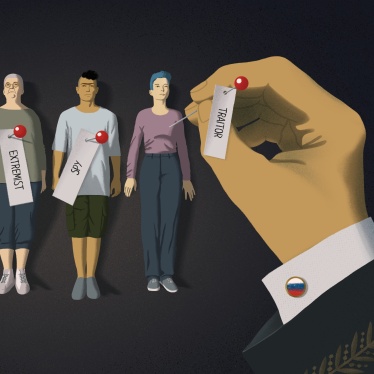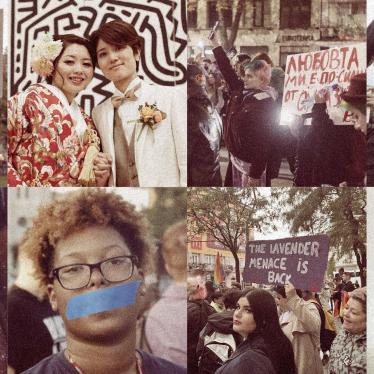Pride, joy, love and intense relief flowed around an Irish bar in New York City today as the official result came in on Ireland’s referendum on whether to guarantee in the constitution that everyone has the right to marry: “Yes to Marriage Equality” won by a landslide.
People often note how quickly Ireland, which decriminalized homosexuality in 1993 and is predominantly Catholic, has achieved marriage equality for its lesbian, gay, bisexual and transgender community. In 2005, Irish Senator Katherine Zappone and her wife Ann Louise Gilligan, who had married in Canada, started a court case to have their marriage legally recognized. I was director for the Irish Council for Civil Liberties, which had adopted marriage equality as a strategic objective.
We met diverse representatives – from gay parents and same-sex couples with children, including those who were fostering children but were barred from adopting them, to young, free and single students who had no thoughts of marrying but believed that this was the civil rights battle for their generation. We formed coalitions with leading LGBT groups like Gay Lesbian Equality Network (GLEN) to adopt and implement our strategy.
Then I moved to New York to work for Human Rights Watch and I watched from afar as the human rights, LGBT and equality movement secured civil partnership for same sex couples in 2010. Now I have watched in awe at an extraordinary “Yes” campaign. It has been positive, humorous, factual and has brought together people from across the political spectrum, united generations, and inspired a strong faith-based “Yes” vote, with high-profile Catholics articulating why marriage equality matters.
The #hometovote trend saw boats and planes filled with recent Irish emigrants still on the voting register who went home en masse to vote. With very limited exceptions, Irish law does not permit citizens to vote from outside the country.
But we put an unfair burden and price on a minority, Ireland’s LGBT community, who had to open their lives and identities to public debate, scrutiny, evaluation and sometimes abuse. They had to ask over 3 million people: “Are you OK with me getting married?” Which means: “Do you see me as your equal? Is my love as true as yours? Is my family as valuable?” They shouldn’t have had to run that gauntlet.
Making people beg for their rights is not just. Ireland has made equality history and set standards, but this was not the fairest way to get there.








